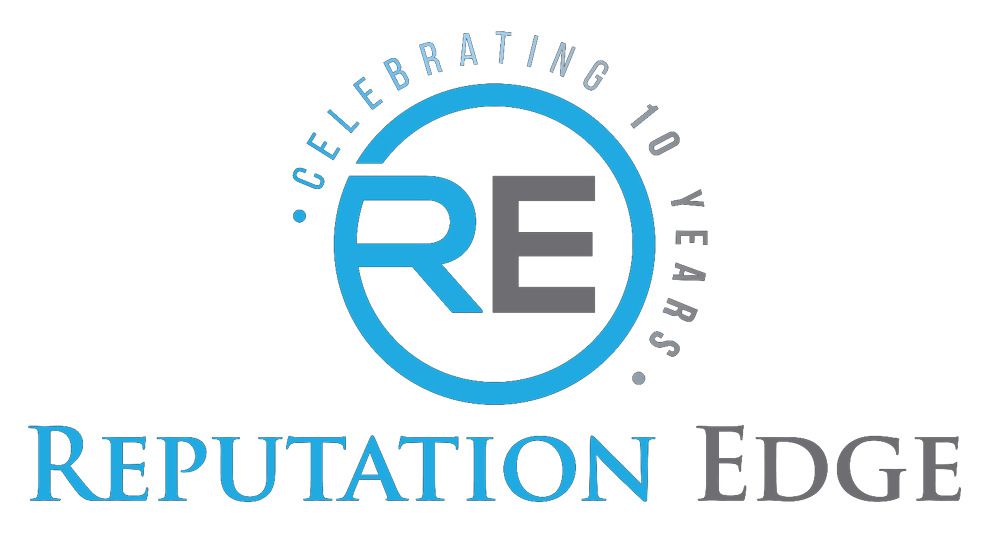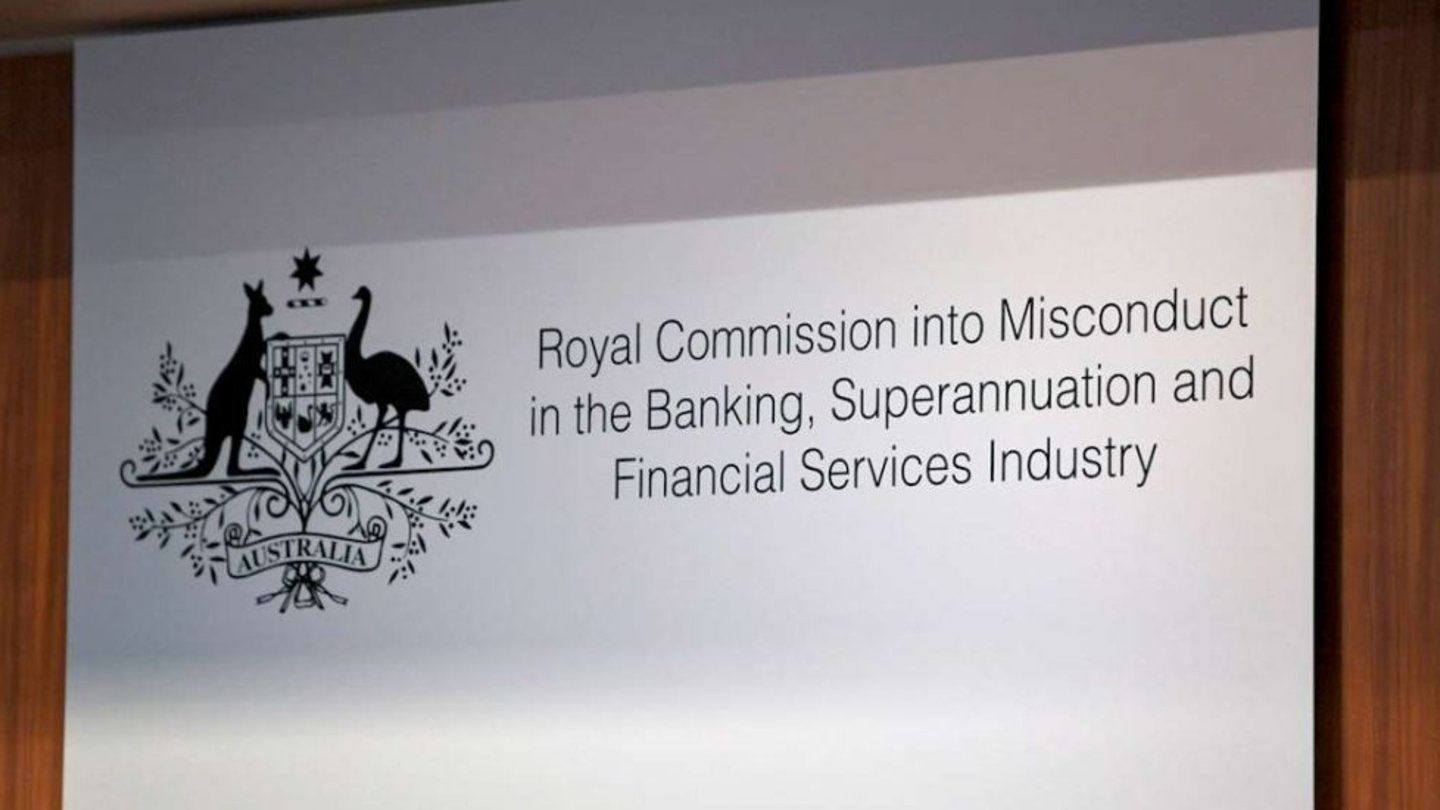By Mark Gell
•
August 18, 2021
In this day and age of smart phones, social media and instant messaging, all of a sudden everyone is an expert. Leading and charting a course for others to follow in difficult circumstances is hard enough without a barrage of so-called experts telling you that you are not on the right path. We have journalists that no longer report the news as they are part of making the news. We have so called ‘social media’ celebrities or ‘influencers’ that proffer a view on everything despite having no idea what they are talking about. Upon hitting a key on a keyboard, a leader can go from hero to zero overnight. According to one political leader Armen Sarksyan of Armenia, who also happens to be a physicist, we are living in a world where political parties, institutions and linear reason-based processes appear to be less important than popular movements, beliefs, emotional connectivity, and social media impact. According to Sarksyan in an interview in the Financial Times in 2018, “A lot of things in our lives have quantum behaviour. We are living through a dynamic process of change. I think we have to look at our world in a completely different way.” As a leader, how does one move forward in a quantum world where nothing is certain and where you can be dragged down for every decision you make? Sarksyan is busy trying to prove his theory of quantum physics as it applies to society, and he is trying to develop ways of managing political dynamics. Even despite his theories, Sarksyan still believes “You have to lead by your example and vision and ideas”. Society use to hold up leaders, whether they were business, community sporting or political leaders, as superheros. They possessed special skills or inner strength for which others cannot access. They can move mountains and lead people towards a vision or a promise. They are wise, decisive, prepared to take risks where others are not willing, or were they? We are now living in an environment where leaders can no longer hide. They are observed from close and afar and every action is scrutinized and played over and over in our digital universe. While leaders can be very popular of course, on the flip side, if a leader fails, they usually find themselves in a very lonely place. The old adage: “Victory has a hundred fathers, but defeat is an orphan, and I’m responsible” as quoted by John F Kennedy after the Bay of Pigs failure is more relevant today as it was in 1961. Evidently, the former President woke up to hearing the news of the failure of the Bay of Pigs and was brought to tears. After all, leaders are human. Our opinions of our leaders are often developed from what we read, observe and our interaction with others based on what is in the public gaze. It is what we read in the papers, online or what we observe in a well scripted public presentation, some seven seconds of which may make the television news that evening, or a “You Tube” clip. Our view of a person may be based on what keyboard warriors have said about that person on social media platforms like Twitter and Facebook. We are now seeing the advent of narratives being completely made up and pushed through traditional and social media platforms as being the truth, to later find out they were complete fabrications. As one of my mentors described: “Social media is the new weapon of mass destruction.” To a certain degree, our leaders have become objectified, de-humanised and the subject of great debate on their views, attitudes, what they wear, how they look and not necessarily what they believe in, or for what they stand for in life. This is a serious hurdle for any leader in the modern era that has a large public profile. We no longer judge people on character, or check to align what they say with what they do. Throughout my career I have seen people who have built strong public profiles and consider themselves leaders in their chosen field only to disappear as fast as their rise to public prominence. In some cases, I have known people to take their own life rather than face public humiliation based on uninformed debate of someone’s character. It used to be that “today’s news is tomorrow’s fish and chip wrapper”. But in the world of digital storage, whatever someone says, or does, is in the public gaze and is instantly available, and more importantly, on the public record forever. If a leader makes a stumble in the modern world there is immediate opinion, immediate debate, and a very long-lasting record of what supposedly happened. People are being held accountable to what they said 20 years ago in the new age of the digital footprint. Furthermore, the cycle of relevance when it comes to the public gaze is getting shorter. This can be an advantage in some circumstances, but in others it can be a major disadvantage as keyboard warriors and social media “trolls” hit the digital mediums with speed and venom without a care for the impact or damage their so called ‘informed’ opinions can have on a person’s reputation. A person who is a very genuine individual, a leader who has taken years to build their reputation can have it smashed in minutes by a troll that frankly does not give a dam, nor have any connection with the leader they are trashing. It has almost become a sport. This is a very challenging world for any aspiring leader. And no sector of society is immune. The pressures on modern day leaders are increasing. All leaders are human. They have the same strengths and weaknesses as everyone else. They just manage it differently. This doesn’t mean everyone possesses the skills to lead. But it does mean that if people want to take on leadership roles, they can find it within themselves to develop their own qualities so that people see them as leaders. What the public see in a person is the tip of the iceberg. What we don’t see is the true person behind the leader. The character, the human that has become the leader. Below the surface each leader has their own idolism, faith, morals, skills, drive, and ethos. There are no doubt mistakes that have been made, lessons learnt, regrets and a bunch of people that have supported them along their journey and others that have departed along the way. It is these qualities that make the leader. The human qualities and frailties that build the character and propel leaders from the ordinary to being extraordinary. So how do leaders navigate the world of narratives? I offer three simple rules to remember which I impart to leaders I counsel. The first is do not stray from your core beliefs. As soon as leaders stray from their core beliefs people can see it, sense it and they will respond to it (probably) in a negative manner. It’s like providing an open door for people to walk through and criticize. The second rule is don’t believe in your own popularity or power, in other words remain humble. Often what can happen when a leader gets into a position of power, they forget from whence they came. Staying grounded assists leaders to maintain perspective and to listen to others so they can maintain perspective. The third is to resist overexposure. I’ve witnessed this many times. Once leaders get some exposure, they are open to more exposure to the extent that they get asked questions on everything, and they wander into issues or debates that are bigger than themselves – only to come out the other side shattered. It’s a fine line between building reputation that enhances your personal and your company’s brand and over exposure that sends the digital commentariat into a feeding frenzy. We are also witnessing the rise of leaders that don’t really care what is said about them and just continue to stay their course no matter what the consequences of their actions. One thing is for certain. In today’s environment, more than ever, there is no place to run or hide. The keyboard warriors will find you and do their best to undermine your agenda. Today’s leaders need to be more than resilient, they also need to be able to dance from moment to moment, while staying focused on their end goals. Mark Gell is a Founder and Partner of Reputation Edge. He has provided counsel to political leaders, CEOs and Boards for almost 40 years, www.reputationedge.com.au .











